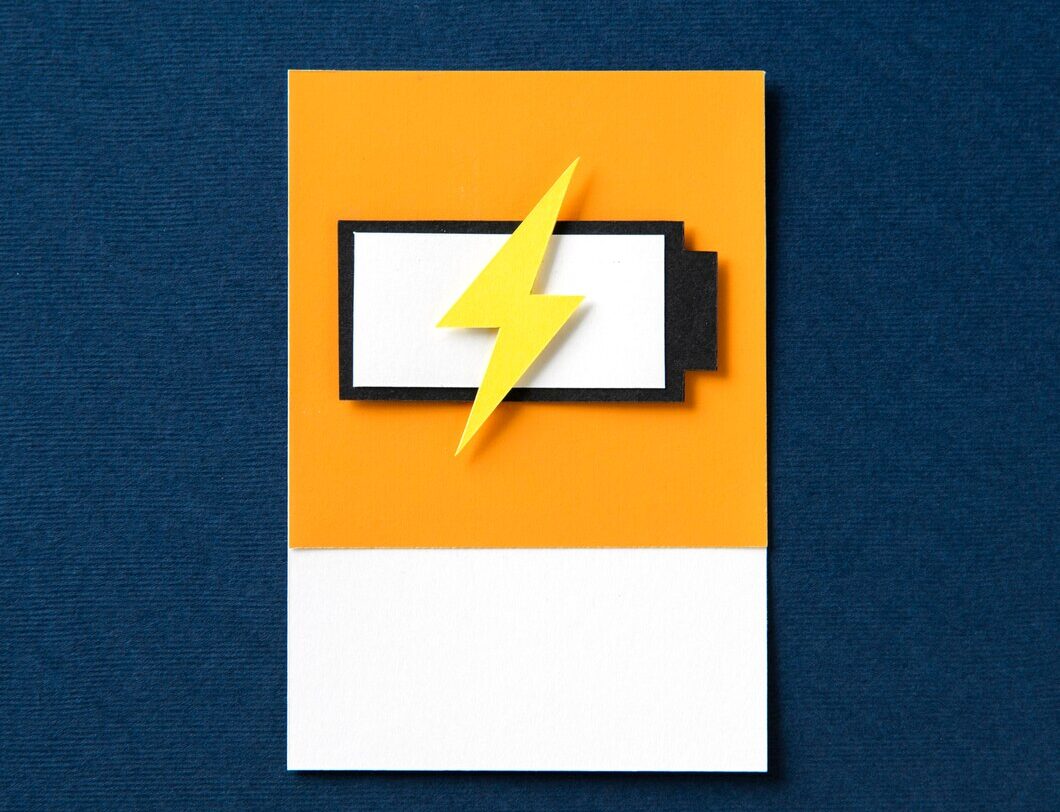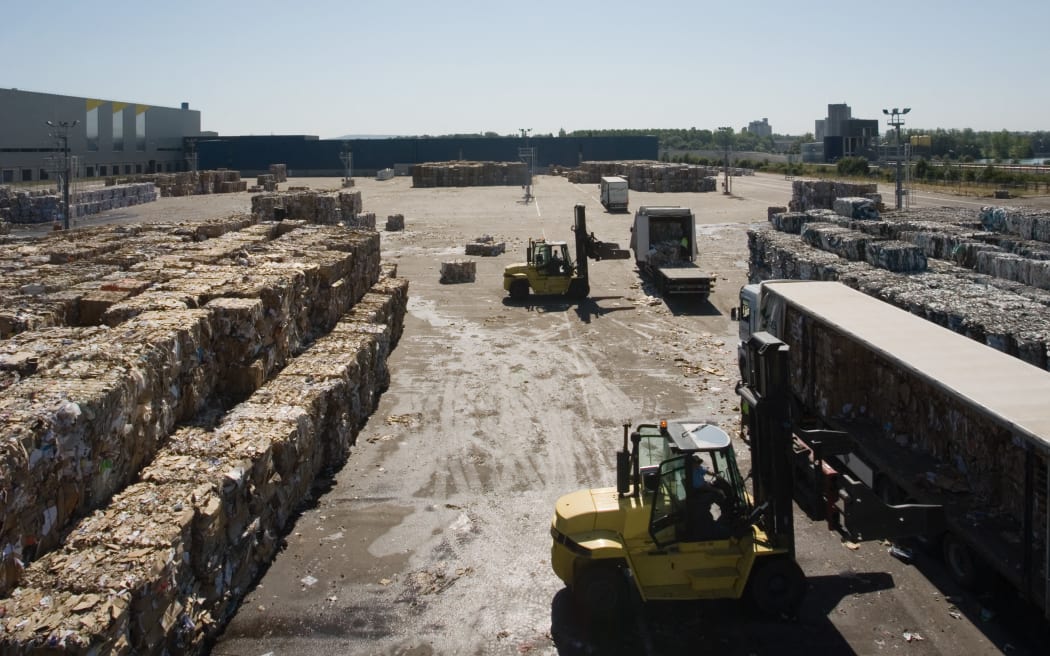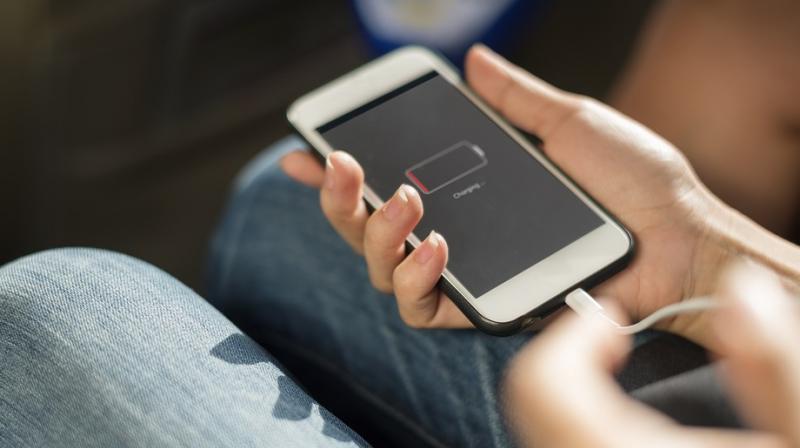Advancing Battery Safety and Energy Density
In a significant leap towards the commercialization of high-energy solid-state batteries, researchers from the Korea Institute of Science and Technology (KIST) and Lawrence Livermore National Laboratory (LLNL) have developed a breakthrough in battery technology. This advancement focuses on non-flammable solid electrolytes, a promising alternative to the liquid electrolytes in lithium-ion batteries that pose risks of fires and explosions.
Innovating with Chloride-Based Solid Electrolytes
The joint research team, leveraging computational science, has introduced a fluorine-substituted chloride-based solid electrolyte that demonstrates remarkable stability at high voltages. Unlike sulfide-based solid electrolytes, which face challenges of chemical instability, this new formulation stands out for its compatibility with high-voltage cathode materials, crucial for enhancing battery energy density.
Leveraging Computational Science for Material Design
Utilizing LLNL’s superior supercomputing resources, the team embarked on a cost-effective and efficient approach, where computational predictions accelerated the material development process, subsequently validated through experiments at KIST. This innovative strategy underscores the power of computational science in advancing material science research.
Promising Results for All-Solid-State Batteries
Applied in an all-solid-state battery, the newly synthesized chloride-based solid electrolyte exhibited electrochemical stability above 4 volts, on par with traditional lithium-ion batteries. This development paves the way for replacing less stable sulfide-based electrolytes and propels the commercialization of safer, high-energy solid-state batteries.
Future Directions and Market Potential
With ongoing research on material synthesis and optimization of manufacturing processes, the Korea-U.S. team is poised to expedite the entry of all-solid-state batteries into the market. Successful commercialization could capture a significant share of the solid-state electrolyte market in the U.S., a leading consumer of secondary batteries for electric vehicles and energy storage systems.
Dr. Seungho Yu of KIST and Dr. Brandon Wood of LLNL highlight the project as a model of international collaboration that combines computational design with experimental validation, marking a pivotal step towards safer, next-generation lithium battery technologies.
Source: miragenews.com





